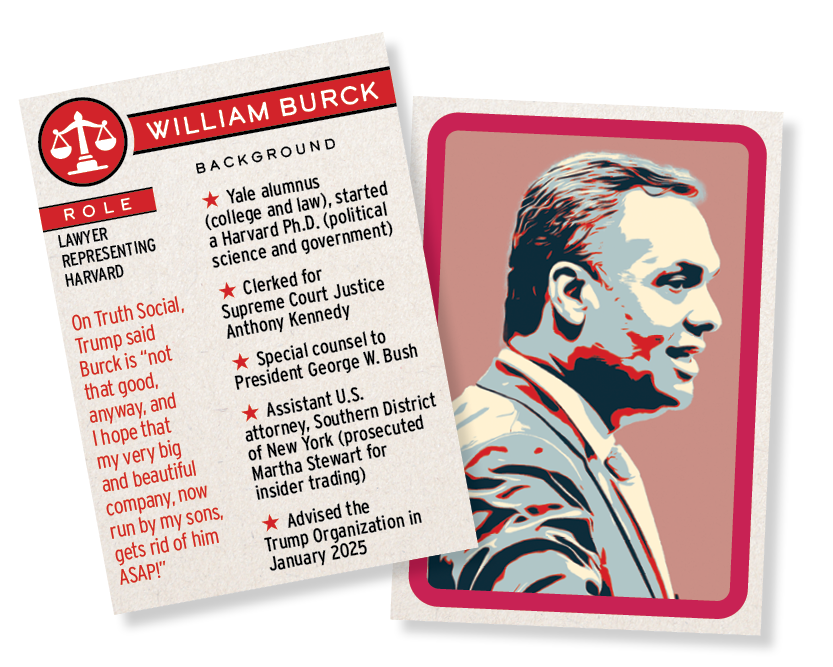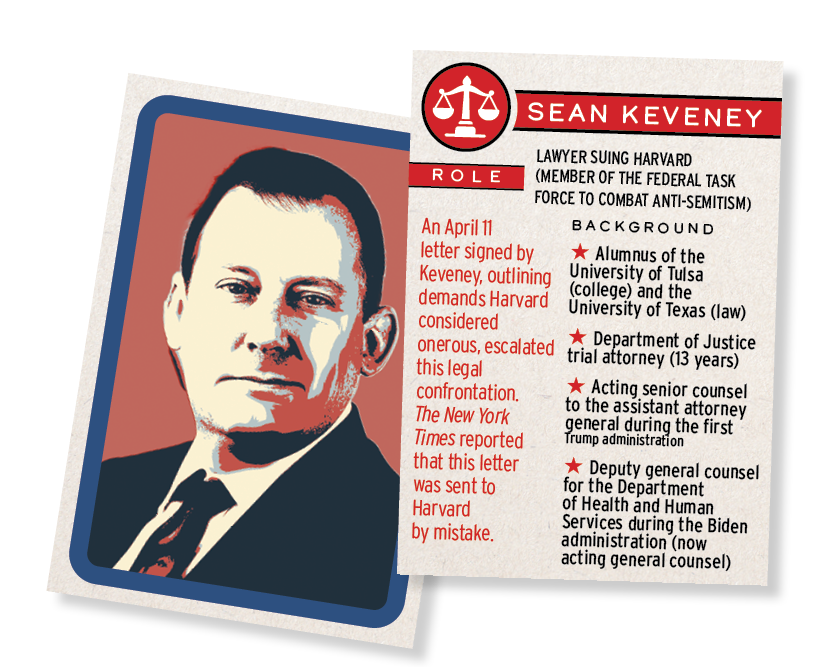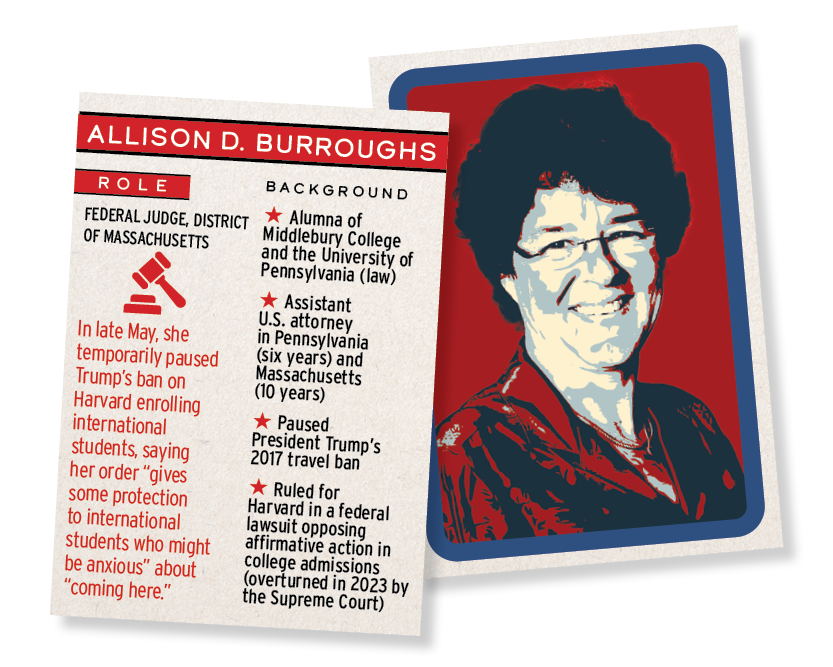Harvard and the federal government are slated to square off in court on July 21, with more than $2.2 billion in federal funding and grants at stake. Here’s what each side has to say.
The government’s argument:
The federal government—primarily through the Department of Education and the Department of Health and Human Services—revoked Harvard’s funding by citing Title VI of the Civil Rights Act of 1964, which compels schools receiving federal assistance to protect students from discrimination regardless of their race, color, or national origin. The government argues that Harvard failed to shield its Jewish students during the wave of pro-Palestine protests that followed the October 7, 2023, terrorist attack on Israel and the ensuing war in Gaza.
Harvard’s argument:
Harvard filed suit in April to stop the funding freeze. In its briefs, the University acknowledges the importance of some federal demands—notably, promoting viewpoint diversity and combating antisemitism—but argues that institutions of higher education, not the government, should carry out those reforms. Harvard also points to updates to its rules and disciplinary policies “aimed at ensuring campus is safe, fair, and welcoming to Jewish and Israeli students.”
Harvard leans on the Administrative Procedure Act, described by The New York Times as a “wonky workhorse of American law,” to argue that the government did not go through the proper channels to revoke funding. Harvard’s lawyers also note that Title VI includes a “detailed and mandatory statutory framework” that the government must follow before freezing any university’s funding for civil rights violations—and that framework was not followed. Harvard further lays out several claims on First Amendment grounds, including that academic freedom should be protected and that the government demands would “chill Harvard’s exercise of its First Amendment rights,” in areas ranging from faculty hiring to academics to admissions.
Click here to read comprehensive coverage of Harvard in the Crosshairs













